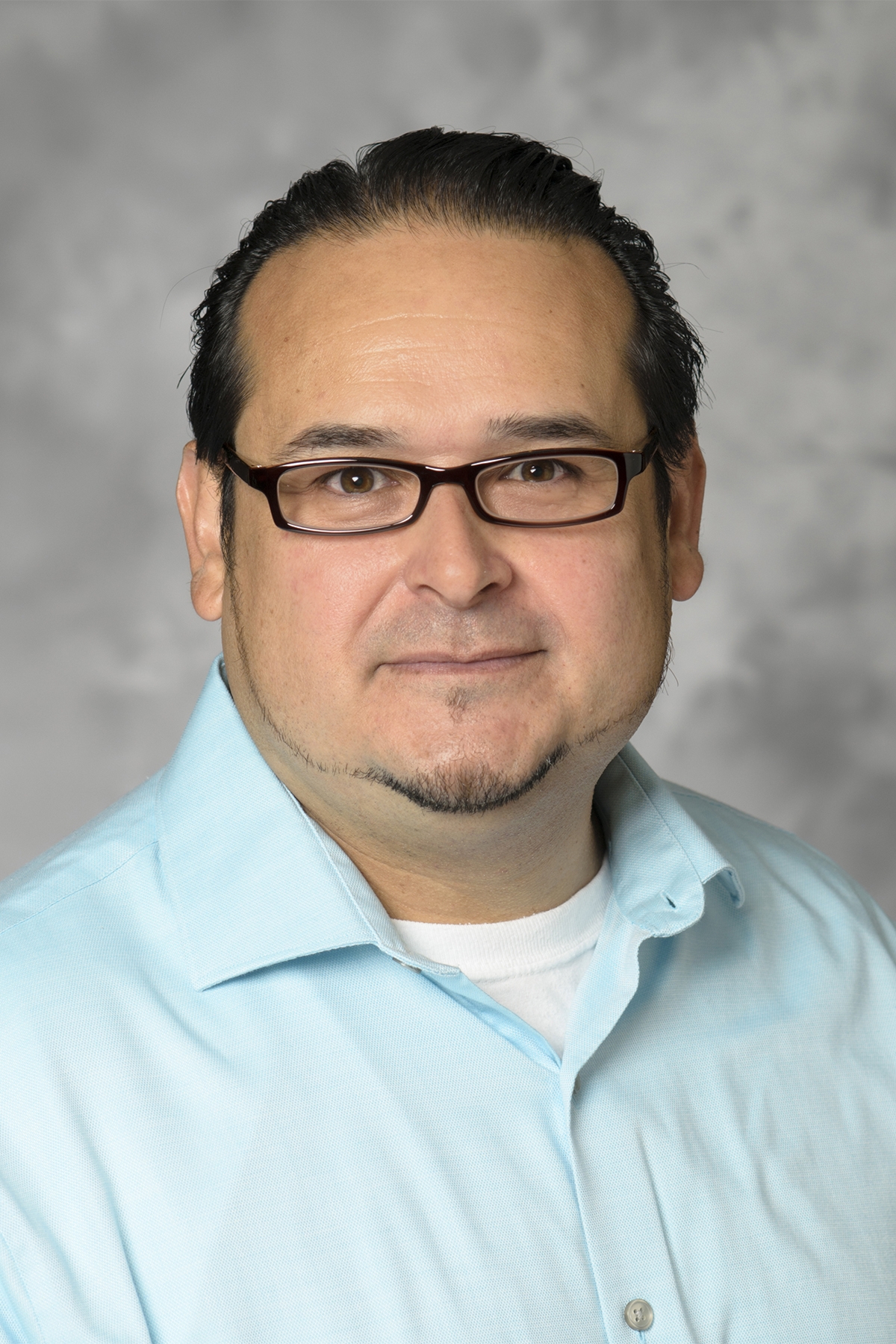As of 2018, autism spectrum disorder (ASD) affects one in 59 births in the United States, according to the U.S. Centers for Disease Control and Prevention. People with ASD have difficulty with social communication and interaction, restricted interests, and repetitive behaviors. Autism is known as a “spectrum” disorder because there is a wide variation in the type and severity of symptoms people experience. ASD occurs in all ethnic, racial, and economic groups. The disorder is more common in males than females, one in 54 males are on the autism spectrum. Dr. Andrew Gardner, an expert in neurodevelopmental and related disorders, sheds some light on how we can better understand autism, a lifelong developmental condition.
have difficulty with social communication and interaction, restricted interests, and repetitive behaviors. Autism is known as a “spectrum” disorder because there is a wide variation in the type and severity of symptoms people experience. ASD occurs in all ethnic, racial, and economic groups. The disorder is more common in males than females, one in 54 males are on the autism spectrum. Dr. Andrew Gardner, an expert in neurodevelopmental and related disorders, sheds some light on how we can better understand autism, a lifelong developmental condition.
What got you interested in working with children diagnosed with autism?
As a psychology student early on, I was very interested in why children behave in certain ways, including challenging and appropriate behavior. I was fortunate enough to find mentors throughout my journey who introduced me to families who had children diagnosed with an autism spectrum disorder, or ASD, and other neurodevelopmental challenges. Many individuals diagnosed with ASD have challenges with learning certain skills (or learning to do less); operating their environments to get their needs met—but on the other hand, have many strengths in other areas. As I began working with children diagnosed with ASD in schools, working with their parents in their homes, and seeing families in clinics, I found joy and satisfaction in seeing progress, change and harmony in the life of each child.
What is one thing you wish people understood about the work you do?
Behavioral change and learning takes time, hard work, collaboration and the dedication to get through difficult times. It most often takes everyone in the family system along with care providers to come together to have the biggest impact on a child's life.
Why is autism awareness important?
I think it is important to become more aware of the amazing and unique children in our communities who experience challenges and joys due to a diagnosis of ASD. The life of families who have children diagnosed with ASD might be very different from yours or mine—we should take the time to listen, understand and learn. When a child gets the diagnosis of autism, it can be extremely challenging for parents since we do not completely understand the cause of this condition. Parents often are presented with treatment options and therapies that are not evidence-based or have little to no scientific support. In my opinion, people should not only take the time to learn about autism they also should focus on helping families and the public become more aware that there are evidence-based treatments and therapies out there—especially therapies based in applied behavior analysis (ABA).
What one thing do you wish everyone knew about autism?
I really like the saying, "If you met ONE child diagnosed with autism, you met ONE child diagnosed with autism." I am not sure where I heard it, but it is completely true, even though the basic areas of autism symptomatology are broadly under communication, repetitive behaviors/restricted interests, and social interactions - each child is unique and different!
How has your work with autism influenced your life?
Working with children diagnosed with ASD and their families has been extremely rewarding for me. We all have the same goals for our children—to be happy, be independent, have a good quality of life, be part of a community and be loved. However, no child gets to that point without hurdles and getting through challenging times. My work helps me understand how learning, therapy, and parenting all can help families reach these goals for their children. Over the past 20 plus years working with children and families, I use these same tools and strategies with my own children as I strive to reach these goals as well.

